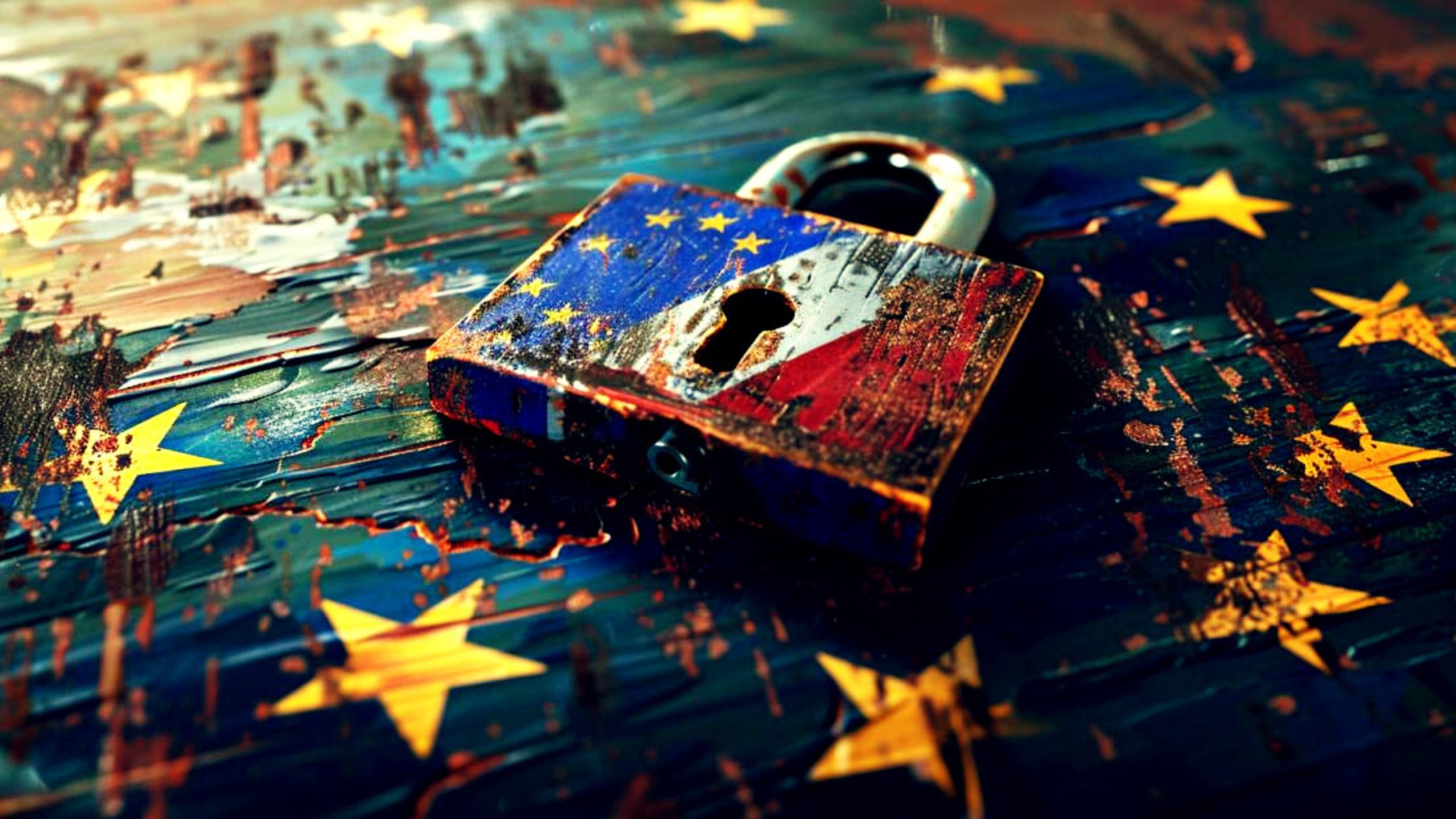Yet another leaked document has emerged revealing details from the European Union policy regarding the implementation of the Child Sexual Abuse Regulation.
(That’s “chat control” – ultimately designed to allow for bulk scanning of all private communications under the guise of looking for illegal content.)
The latest leak, again first published by the Contexte website, is a working document from the current (Belgian) EU Presidency that concerns draft methodology and criteria for the risk categorization of services.
Things are moving fast over in Brussels, at least on this issue – the draft was published on April 10 to member delegations and was to be discussed as soon as five days later by the Law Enforcement Working Party.
But the direction things are moving, according to long-time “chat control” opponent and member of the European Parliament (MEP) Patrick Breyer, is towards “doubling down” on, by various means, control and/or suppress what he calls “services that allow people to protect themselves.”
Read the document here.
Those would be privacy-focused encrypted services, and messaging apps, which, under the methodology presented in the document, would receive lower risk scale scores if people can use them without an account, or with pseudonyms, VPNs, TOR, encryption, cryptocurrencies – in other words, in ways that make surveillance and tracking difficult or impossible.
That’s not something the EU likes at all, and so the plan is to be able (and even likely) to slap those with low scores with orders to scan all content.
However, those who are not focused on private chats but “predominantly engage in public communication” (i.e., are already open to surveillance and data collection, so that detection orders leading to full scanning are not really necessary) will receive better scores.
The EU’s logic here is consistent since those who do not harvest user data are automatically slated to have lower scores. Another thing the EU dislikes is decentralized content sharing (such as P2P-based platforms).
That’s because, as Breyer, a German lawyer and member of the Pirate Party remarks, P2P renders attempts at server-site scanning useless.
Such a methodology demonizes services like torrenting (P2P) platforms, TOR, ProtonMail, and the like, he said.
“This leaked paper reveals most EU government’s push to mass surveillance and undermining encryption on services essential to citizens, NGOs, lawyers, etc.,” the MEP stated.
“In contrast, the European Parliament’s approach would only permit the interception of conversations by people connected to child sexual abuse, while mandating many more safety-by-design measures than the Council only mentions in this paper without making them mandatory,” Breyer added and concluded:
“We Pirates will not stop fighting for our fundamental right to digital privacy of correspondence and secure encryption.”












